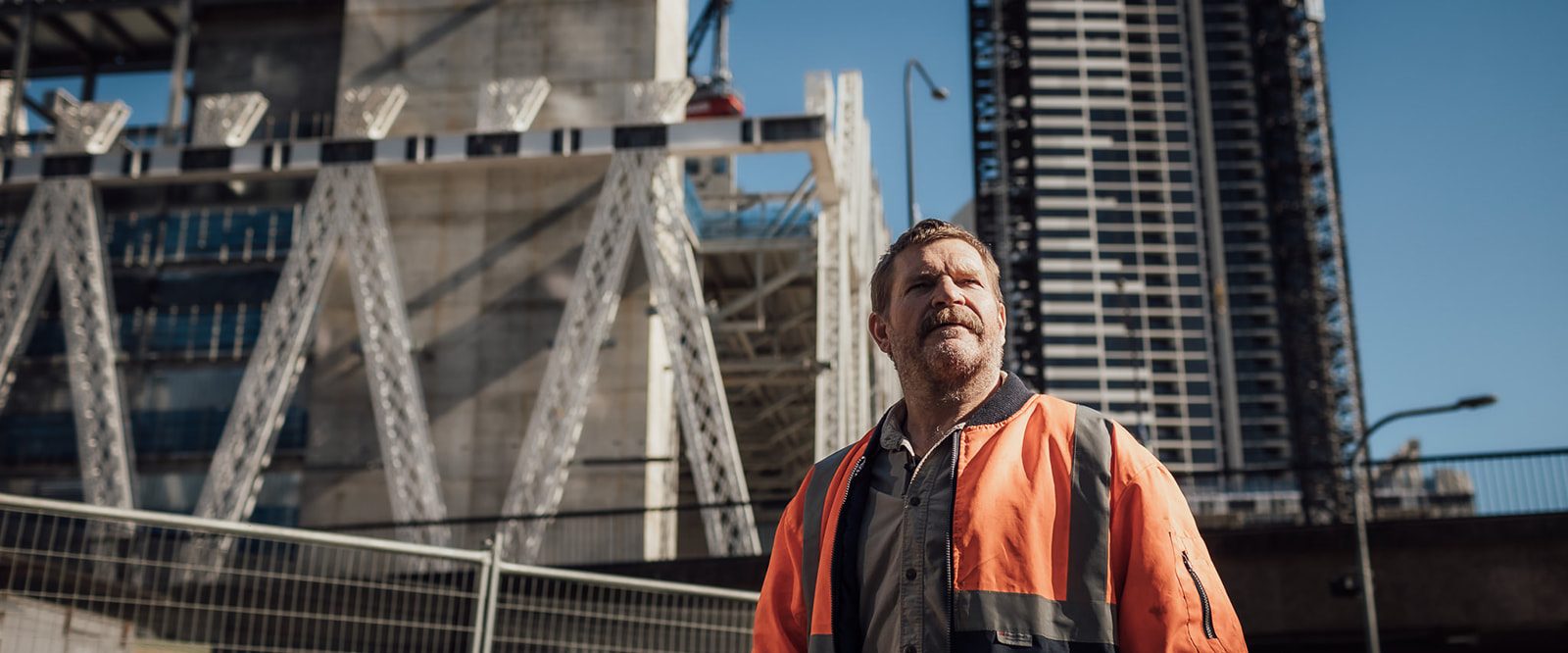
We have many resources that can be read, watched, or listened to.
Looking for support with Redress, Centrelink, counselling, or would you like to talk to a mate who can relate?
These can include anxiety, depression, suicidality, feelings of worthlessness, shame, anger and self-blame as well as struggles with trust, intimacy and other relationship problems, challenges relating to sexuality and gender,identity issues and addictions, and challenges with authorities. Male survivors also face some unique impacts. Some of these arise from the expectations about men in our society.
We believe that your survival is testament to your resilience. You are not alone.
We provide connections with others who have walked a similar path and focus on the way forward to recovery and growth. We provide individual support to you and your family and supporters. SAMSN’s Eight-week Support Groups, led by male facilitators with professional training, have a trauma informed approach that prioritises your safety and focuses on recovery and healing. SAMSN’s Monthly Drop-In Meetings provide a forum for connections and conversations about recovery, and opportunities for learning from each other.
We recognise the additional issues for more marginalised groups of men
Men who are not from the dominant white, male culture face additional challenges of stereotyping in relation to their identity as men. This includes Aboriginal & Torres Strait Islander men, those from culturally diverse backgrounds, prisoners, men from rural and remote areas, men in the military, men with disabilities, men from the LGBTIQA+ communities and older men. These men experience additional layers of discrimination, shame, isolation and have often have less access to support.
We are building a network of survivors who are finding their pathways to recovery & healing.
Despite the impacts of the abuse and the additional societal challenges, boys and men find ways to survive and manage these many challenges. There are things that we know can build a strong and healthy sense of self:
When you can find others who understand, knowing you are not alone, you can start to make decisions and choices, and take control of the things you can change. Plus, hope for justice, a desire for change, and finding a way to turn this into something that gives back.

Call Lifeline on 13 11 14 for 24/7 crisis support and suicide prevention services.

Call Blue Knot Foundation Helpline on 1800 657 380 – operating 9 am to 6pm, Mon – Fri and 9 am to 5pm, Sat-Sun & Public Holidays